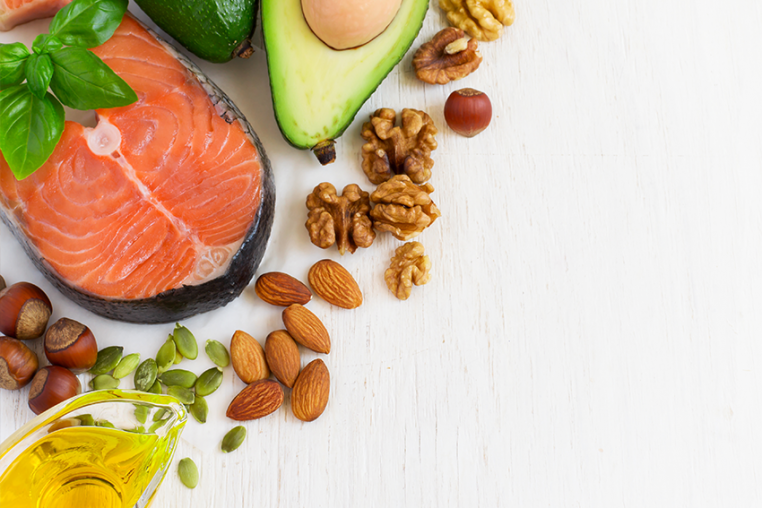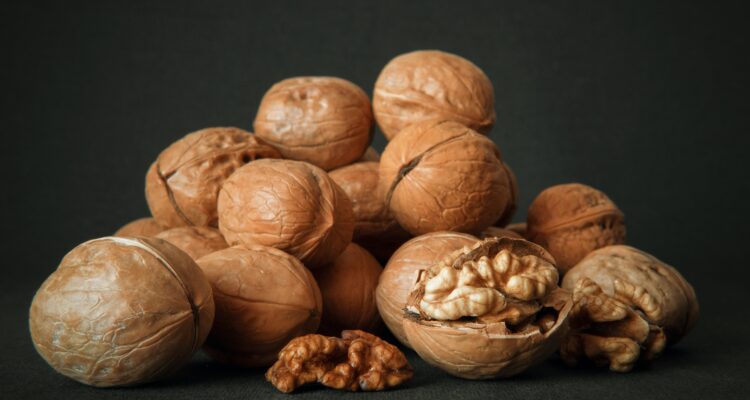As many of us are aware, elevated cholesterol can lead to cardiovascular issues, and certain foods may chronically raise cholesterol.
In light of this, we should still be concentrating our diets around foods that don’t elevate cholesterol to dangerous levels. Research shows that we want to keep our cholesterol levels down to less than 150 mg/dL to cut our chances of developing heart disease to a minimum. But what foods should we be eating? Let’s take a look.
Swap Out Red Meat For Beans and Lentils
Red meat is associated with high cholesterol levels and wide scale animal agriculture is considered damaging for the environment. As more and more people turn to plant-based alternatives, the popularity of protein-rich legumes including beans and lentils, has continues to grow. They’re rich in fibre, contain the full range of essential amino acids necessary for everyday growth and repair, and their phytonutrient content helps to protect against everyday free radical damage.
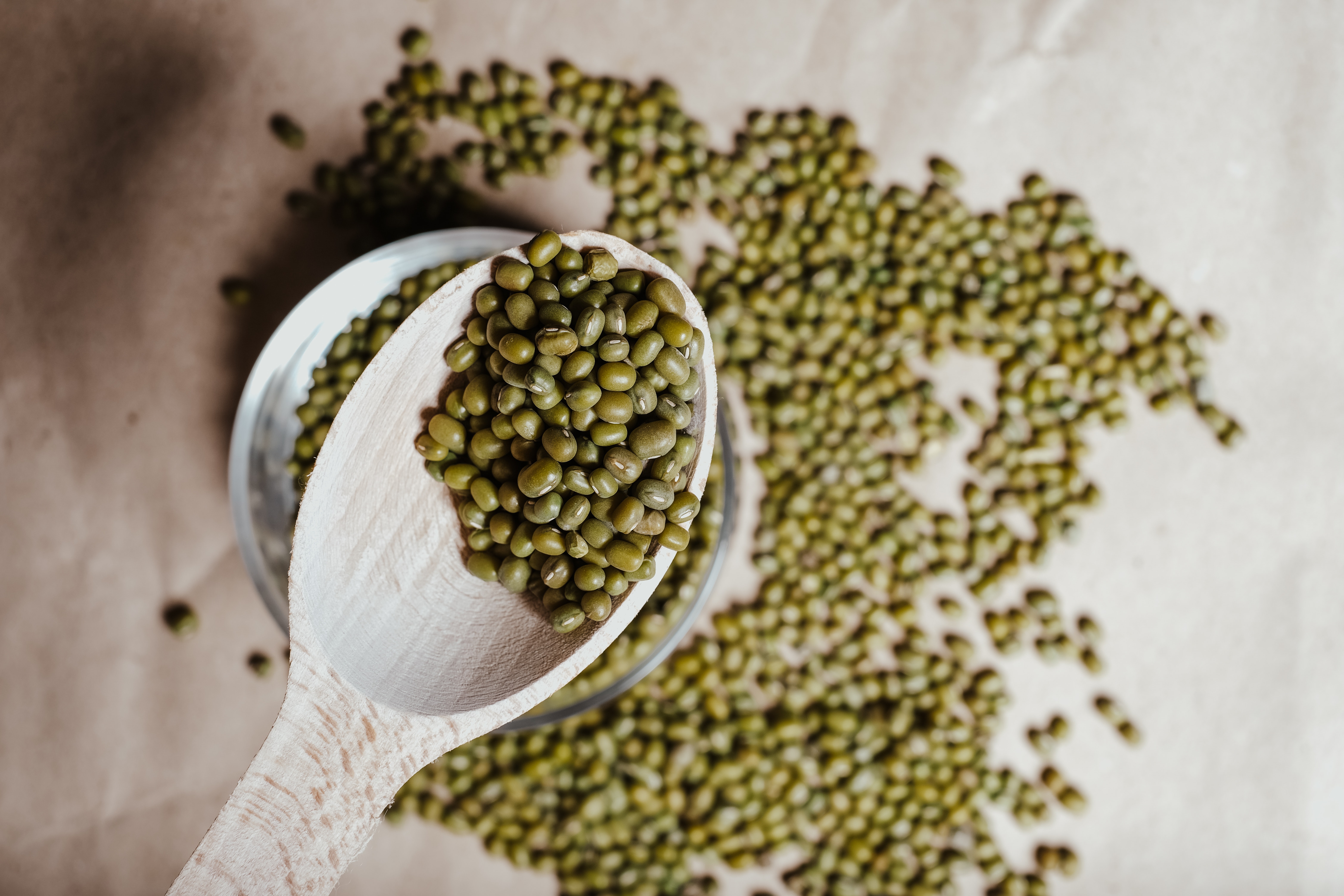
Swap Dairy For Soy Milk
Soy gets a bad rap both in the press and online. But soybeans themselves are just another legume, offering many of the benefits of regular beans. The main point of contention seems to be the high estrogen content. But these are plant estrogens and don’t interact with our bodies in the same way as animal-based hormones. Research seems to indicate, for instance, that soy lowers women’s risk of breast cancer. The optimal way to enjoy soy is through fermented foods, such as tempeh and natto. Other dairy alternatives, including almond, oat and rice, are also popular amongst those avoiding dairy and are generally fortified with calcium and vitamin D.
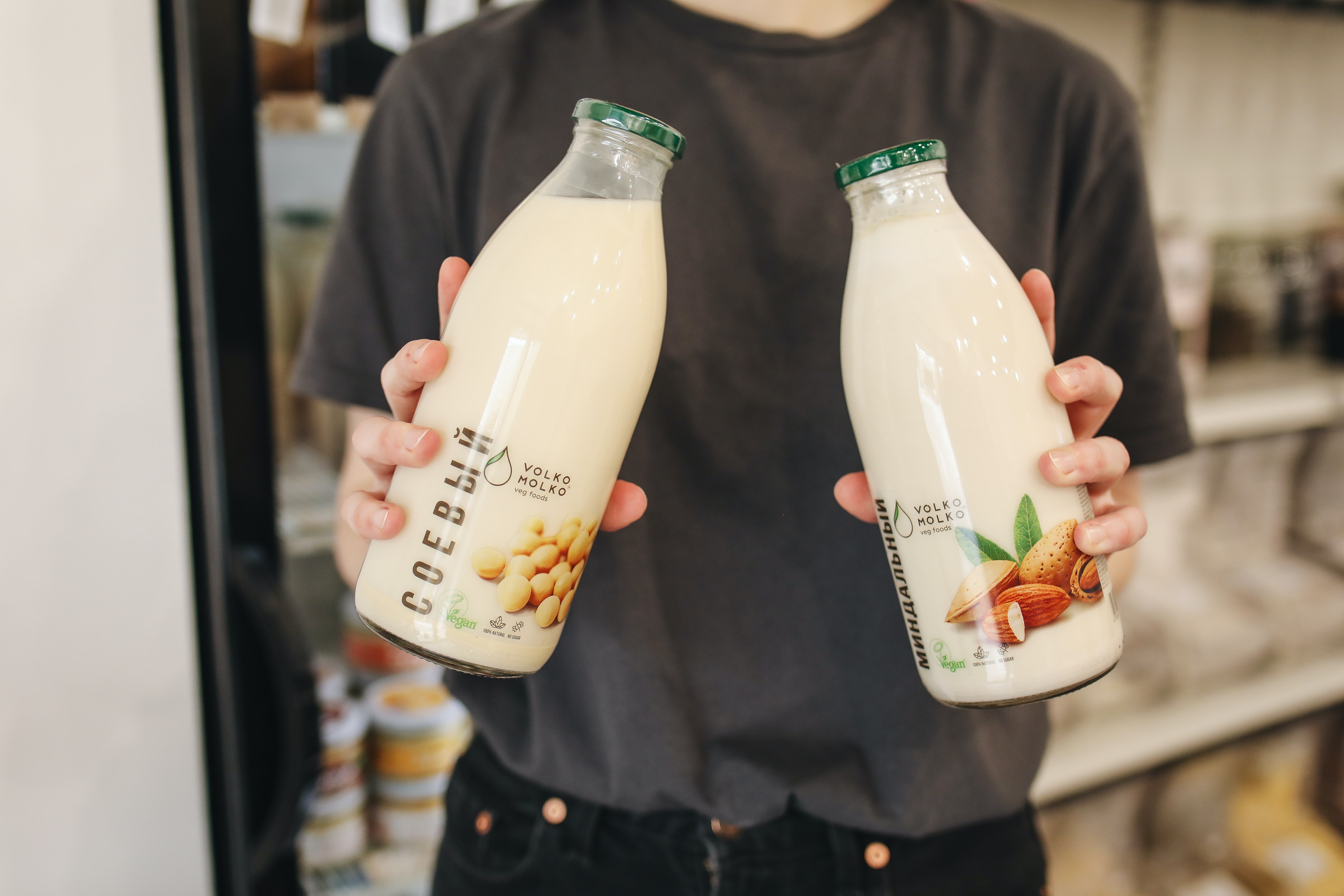
Switch Lard And Butter For Pumpkin Oil
Butter and lard have been associated with increased cholesterol levels, while seed oils, such as pumpkin oil don’t have the same effect. In fact, many offer anti-inflammatory benefits that may actually contribute to lowering the type of LDL cholesterol that can cause damage to your arteries. They’re a healthy way to cook and a great addition to your dishes, adding plenty of flavour. Avocado oil, hemp oil and extra-virgin olive oil are also good options, and choose cold-pressed for added benefits.
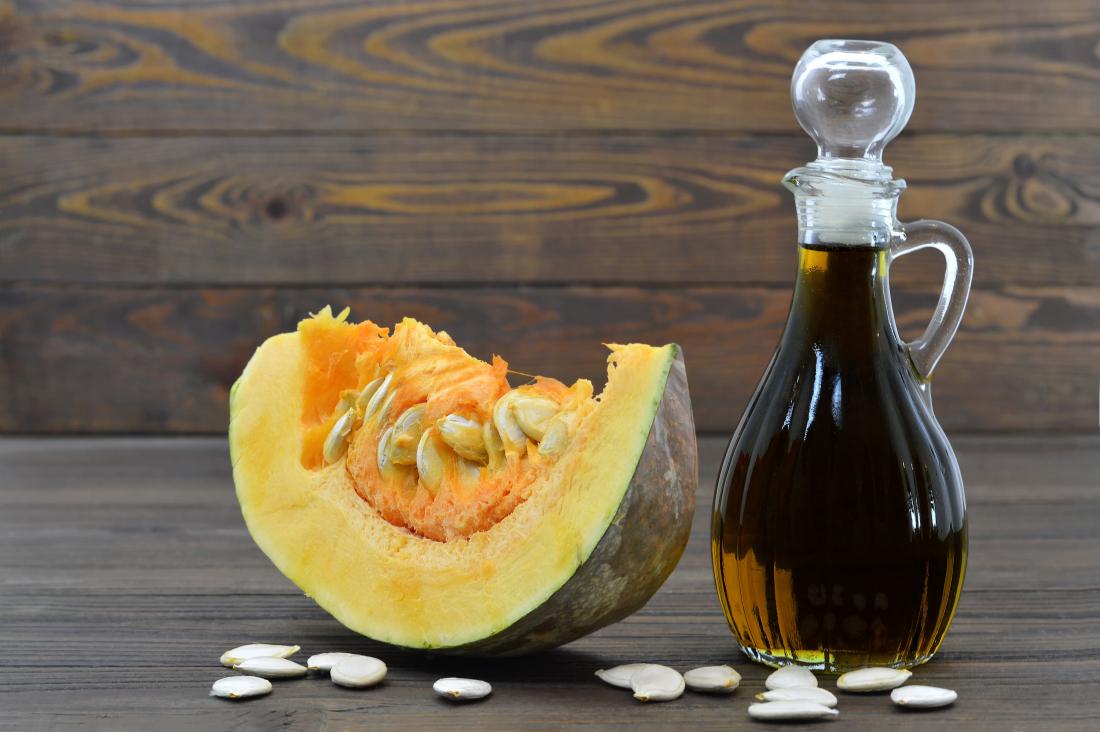
Swap Croutons For Walnuts
A crouton is essentially a piece of white bread caked in fat. Swapping out croutons for walnuts is a great choice because you retain all the flavour while boosting your health at the same time. Walnuts offer essential omega-3 and omega-6 fatty acids to support cardiovascular, brain and skin health, as well as fibre, amino acids and protective antioxidants. Plus, when you add them to a salad, the healthy fat they contain assists with absorbing fat-soluble nutrients such as vitamin A from the rest of the meal.
